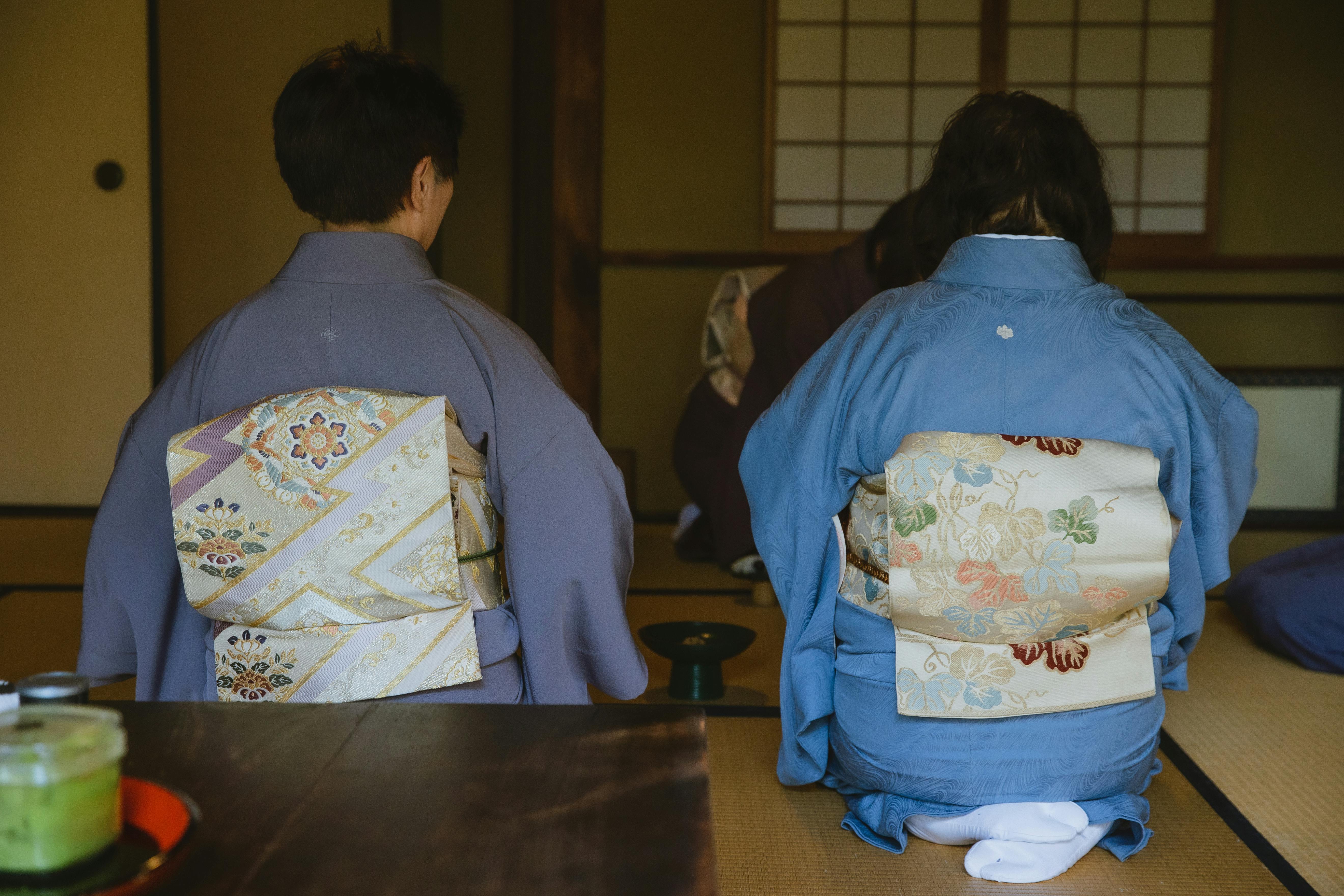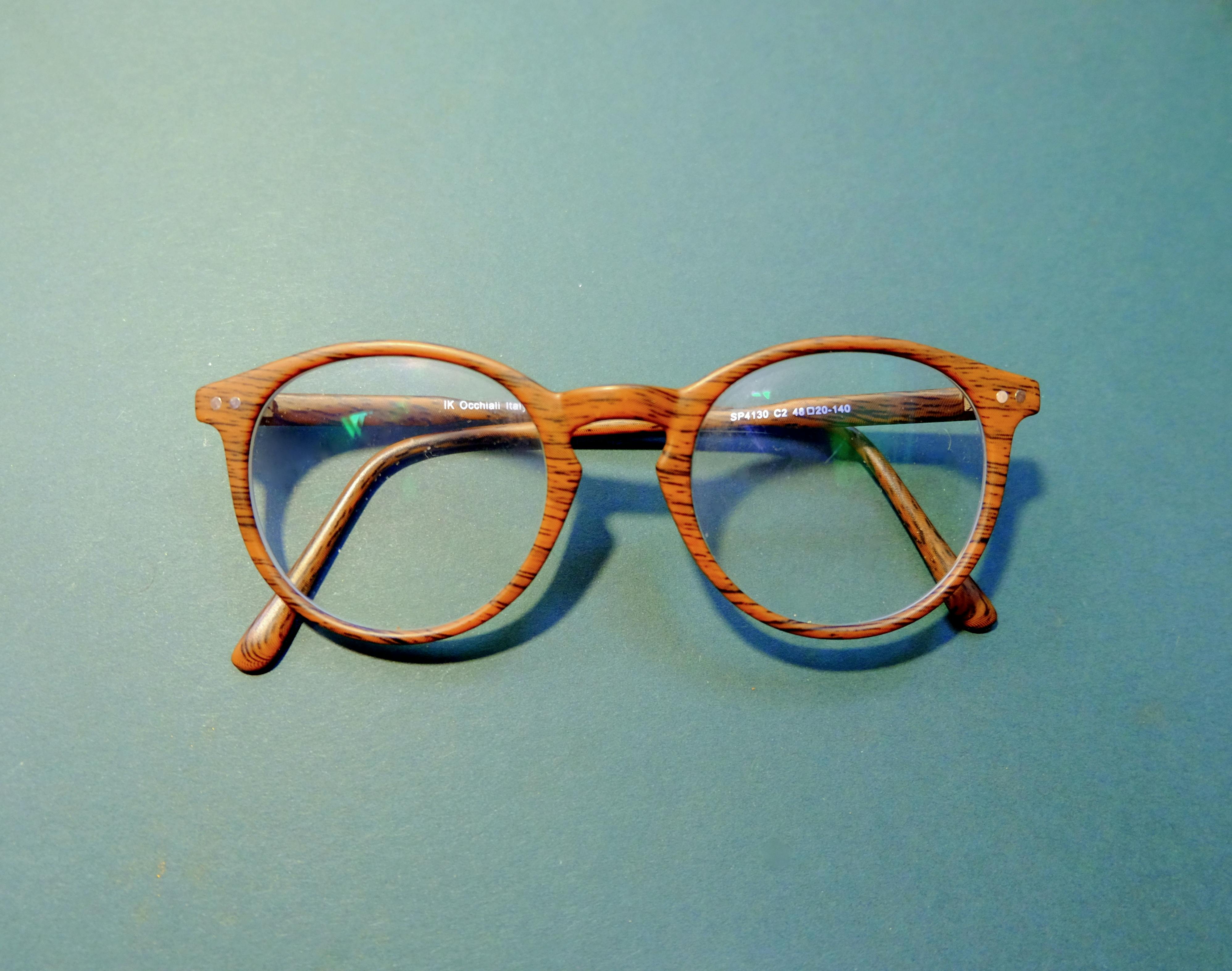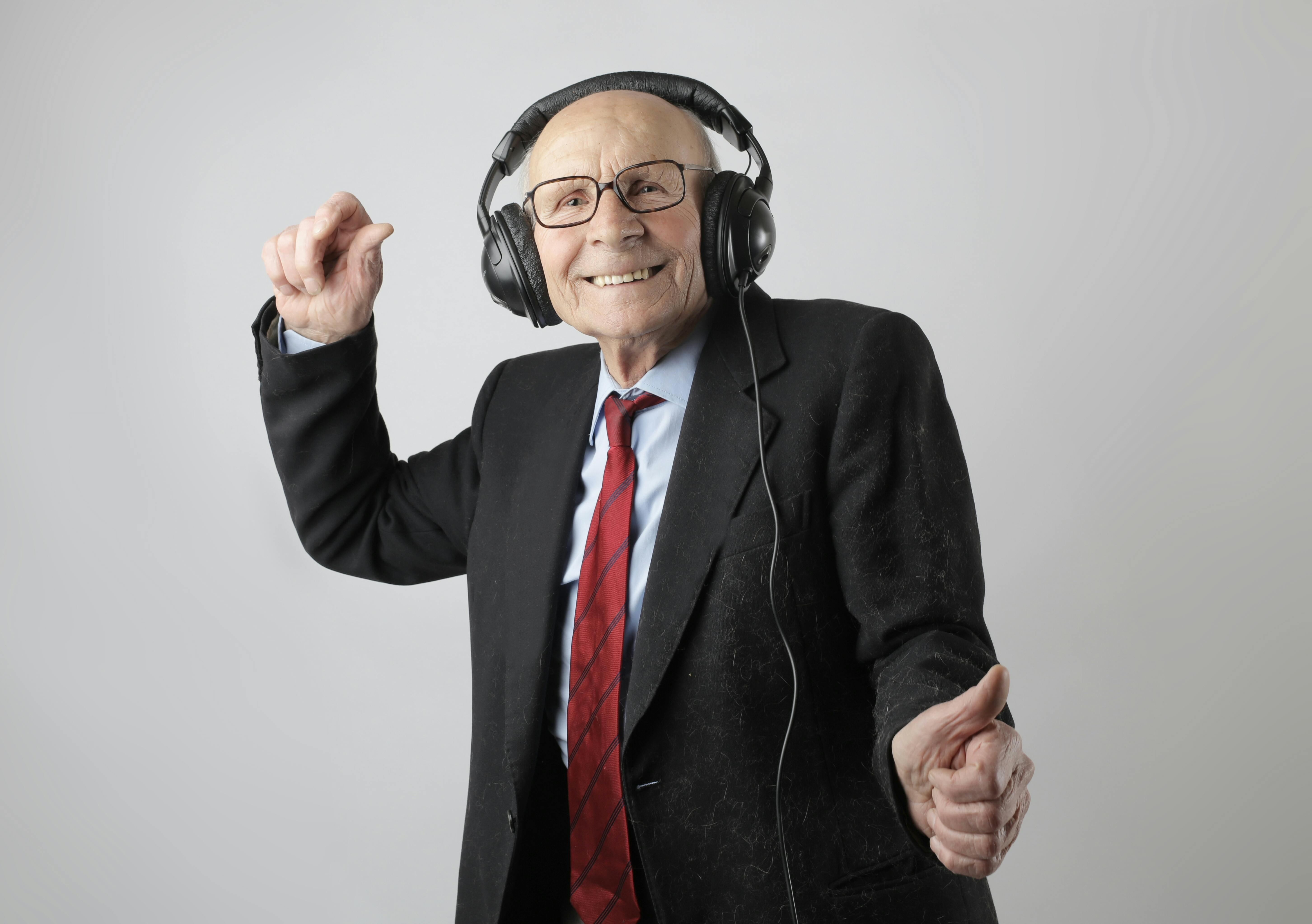What impact does the aging process have on the brain and how does it process memories? Can anything be done to prevent the effects of aging in your retirement? These are all questions that we have to face as we get older. Fortunately, there are answers.
The question of whether your age affects your short-term memory may seem strange, but it really is an important question to consider as we age. Humans have long been struggling with the aging process by trying to slow it down or stop it altogether. Since our minds are fundamental to how we think, what we know, who we are, then it is perhaps one of the most critical areas to study when trying to determine what impact aging has.
So how does your age affect your short-term memory? The answer is varied, but there are a few major factors of aging that inhibit memory and brain function. We will refer to three of them here.
The first is a decrease in blood flow to the brain as we age. As we age, the circulatory system can become less efficient and blood circulation can be impeded. Also, the same problem of clogged arteries that can affect your heart also affects your brain. Plaque in the vessels can reduce cerebral blood flow and impair brain function. The brain is highly dependent on oxygen and nutrients that the blood carries to the cells. In fact, the brain is about the largest user of oxygen among the organs in the body. Decreased oxygen can affect your short-term memory by being able to retain and process information. Decreases concentration and inhibits focus.
Therefore, our levels of diet and exercise throughout our lives not only play a role in the health of our hearts, but also in the functioning of our brains as we age. So while age is a factor in the efficiency of our circulatory system, we have the power to slow that process down by how well we manage what we eat and how we keep our bodies in shape.
We can also turn to nutritional supplementation to increase this by using vitamin and mineral supplements to make sure we get all the nutrients our bodies need. There are also some good Ginkgo Biloba and Ginseng supplements that help increase blood flow to the brain and improve memory functions. These can be especially helpful if we are still young or in our later years.
The second problem that arises when looking at how age affects short-term memory is the decrease in the production of neurotransmitters. Neurotransmitters are the brain chemicals that allow brain cells to communicate and perform their various functions. As we get older, the problem can be twofold. One is that we may produce less of these chemicals as we age, and two, the body’s natural process of breaking down excess neurotransmitters can start to malfunction and overwork, causing a lack of supply to the brain.
Without an adequate supply of these chemicals, the brain cannot function properly. One of the problems with Alzheimer’s, for example, is that in addition to the physical damage to nerve cells, there is also a significant decrease in various neurotransmitters resulting in an inability to process things in or out of memory. It can also affect mood and other aspects of the mind.
Once again, one of the keys to combat this problem is proper nutrition and diet. The body needs to have the correct levels of vitamins and nutrients to support the production of neurotransmitters. Also, exercise tends to help slow down the aging process in general and helps keep the production process strong.
Also, supplementation here can be helpful. There are supplements that support brain function by providing compounds such as huperzine A, which helps counteract the destruction of neurotransmitters in the brain, as well as L-tyrosine, acetyl L-carnitine, and choline, which help make brain chemicals and protect the function of nerve cells. . These can be useful tools to combat age-related decline in these functions.
Finally, one of the important elements in protecting the brain from decline as we age is to continue to exercise it. Studies have shown that people who remain mentally active and troubled as they age tend to maintain function longer than those who don’t. The habit is to let ourselves go slower. We retire from our jobs and tend to stop being active and learning new things. This allows brain function to atrophy. You need to keep pushing yourself and pushing yourself to learn new things. Working the brain with even simple things like word puzzles or brain teasers helps strengthen those functions. The brain physically strengthens the nerves that are used the most, so it really is a use it or leave it process.
The reasons behind how your age affects your short-term memory are varied, but the answers are simple and within reach of most people. Some of the same things we need to do to stay physically healthy help us mentally. Maintaining good eating habits and regular exercise along with staying mentally active and possibly using natural supplements to enhance these programs will help to ensure that age does not play as large a role in our mental function as it otherwise would.










